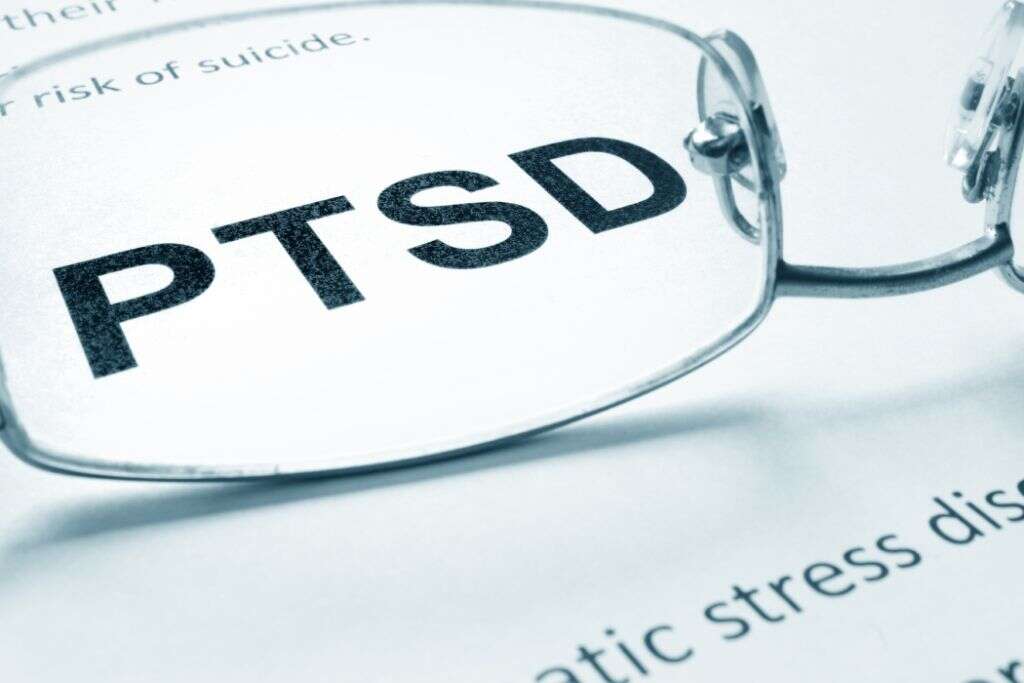What Is Dissociative Identity Disorder?
5. Relationship with Post-Traumatic Stress Syndrome
Posttraumatic stress disorder is usually associated with a specific traumatic event, as opposed to the long-term childhood abuse implicated in DID. Soldiers returning from war are especially vulnerable, but there are many other causes, including natural disasters, kidnapping, torture, imprisonment, or the death of a loved one. Those who have PTSD can have flashbacks of memory when exposed to triggering situations that bring them to mind.
Mental health professionals recognize a sub-type of PTSD that includes dissociative symptoms, including depersonalization, derealization, and rarely multiple identities. One criterion used to diagnose both this sub-type of PTSD and DID is the presence of dissociative amnesia. Thus, the two disorders are clearly related. Each intensifies the symptoms of the other, and PTSD triggers can hinder recovery.
Advertisement











